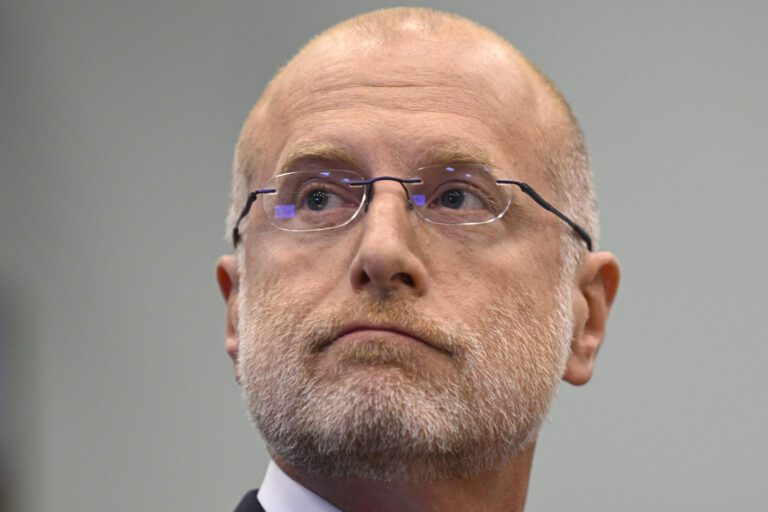FCC Investigates NBCUniversal Over Local Broadcasting Practices
The Federal Communications Commission (FCC) has launched an investigation into NBCUniversal, a prominent broadcaster owned by Comcast, in response to concerns about how it manages its relationships with local stations. This scrutiny comes amidst the Trump administration’s initiative to address perceived abuses by major media companies leveraging publicly owned airwaves for their benefit.
Overview of FCC’s Investigation
Recently, FCC Chairman Brendan Carr sent a letter to Brian Roberts, CEO of NBCUniversal’s parent company, Comcast, expressing the agency’s intent to investigate the treatment of local stations directly owned or affiliated with NBCUniversal. The letter emphasizes the erosion of localism in broadcasting, stating:
“For years, the FCC has stepped away from enforcing critical regulations designed to protect localism.”
Key Concerns Raised
The FCC’s letter highlights a growing tension between local broadcast stations striving to serve their communities and the overarching control exerted by national programmers like Comcast. Specific concerns noted include:
- Contract Negotiations: Local stations allege that national networks are using contractual agreements to impose strict financial and operational demands.
- Threat of Affiliation Termination: There are claims that national networks threaten to cut off long-standing affiliations, which could lead to significant disruptions for local audiences.
Carr remarked:
“These complaints suggest that the relationships between programming networks and their affiliates are not operating in the manner envisioned by FCC regulations.”
NBCUniversal Responds
In response to the FCC’s inquiry, NBCUniversal issued a statement affirming its commitment to cooperate with the investigation. The company emphasized its long history of supporting local broadcast television, stating:
“We are proud that for many decades we have supported local broadcast TV stations with world-class sports and entertainment.”
Trump’s Comments on NBCUniversal
In the wake of these developments, former President Donald Trump has publicly criticized NBCUniversal. Known for his history with the network due to his stint on "The Apprentice," Trump has called for the FCC to revoke NBC’s broadcasting license, expressing frustration with the network’s perceived bias. He stated:
“Wow, ‘Concast’s’ NBC is down in viewership almost 28% this year. Their programming is terrible, their management even worse.”
This critique comes not only as a response to current viewership trends but also as a reflection of Trump’s ongoing discontent with NBC’s news coverage, particularly from its left-leaning outlet, MSNBC.
Broader Implications for Broadcast Networks
The investigation into NBCUniversal is part of a larger trend under Chairman Carr’s leadership, focusing on reforming regulations that govern national networks. Key points include:
- Localism in Broadcasting: Carr intends to strengthen the protection of local stations against the pressures exerted by larger networks.
- Prior Investigations: The FCC has previously investigated networks like ABC and CBS for similar issues regarding local station contracts and media bias.
Current Landscape
As the FCC continues its inquiry, the broadcast landscape is under scrutiny with a renewed emphasis on balanced news reporting. Major networks that enjoy the privilege of access to public airwaves are legally bound to provide fair and non-partisan news coverage.
- Potential Outcomes: While revoking broadcast licenses is rare, penalties may include fines or operational changes if NBCUniversal is found to be violating regulations.
Concluding Thoughts
The FCC’s investigation into NBCUniversal could lead to significant shifts in the broadcasting industry, emphasizing the need for local media to maintain their vital connection with the communities they serve. As this situation develops, all eyes will remain on both the FCC and NBCUniversal to see how they navigate these complex challenges.
For more in-depth information on media regulations, visit the FCC’s official website.
By ensuring the contents are engaging, informative, and optimized for search engines, this article aims to address contemporary issues surrounding broadcasting while staying relevant to readers interested in media practices and regulations.


